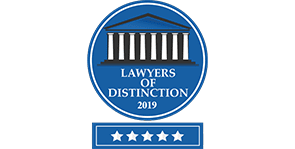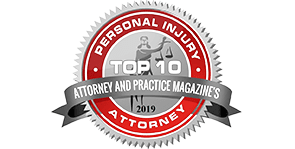Posted On November 27, 2019 Lawyers
If you’ve been hurt in an accident, that doesn’t automatically give you the basis for a successful personal injury claim. To recover monetary compensation, you and your lawyers must first prove three things…
Now, let’s go into more detail to give you a better idea of whether you have a case or not.
Personal injury and property damage are totally separate. If you were involved in a very minor accident—such as a fender bender—
that caused slight damage to your vehicle (but none to your psyche or body), then you haven’t suffered a personal injury.
In these cases, a small claims court or insurance company may be able to help, but legally you have no basis for a personal injury lawsuit.
In order to win your personal injury claim, your lawyer must offer a preponderance of evidence that the person responsible for your injuries acted negligently, and that comes in four parts:
If your personal or financial harm can be remedied by monetary compensation, then you have recoverable damages. These might include:
Some of these damages have an exact cost associated with them and are easy to calculate. Others—like pain and suffering—may require consultation with an experienced personal injury attorney to calculate.
The other component of “recoverable damages” is whether the defendant has the ability to compensate you. If you were rear-ended by a driver with no job and no assets, it may be impossible to recover any sort of meaningful damages (unless an alternative defendant is found, which is another reason to pick highly experienced lawyers).
If you’ve gone through the information above and it fits your injury to a T, get in touch with us immediately so we can go over your case and figure out how to recover the damages you deserve. Find out which of our personal injury attorney in the Inland Empire locations is closest to you!
The clock is ticking—don’t delay another second, or California’s statute of limitations could stop you from getting your just compensation.









© 2022 MONTGOMERY STEELE LAW | ALL RIGHTS RESERVED | disclaimer

